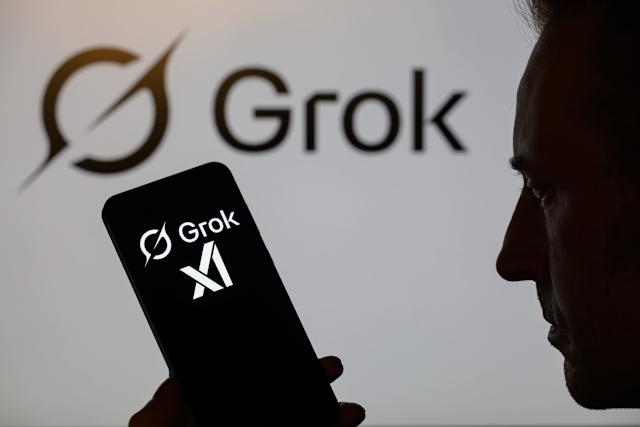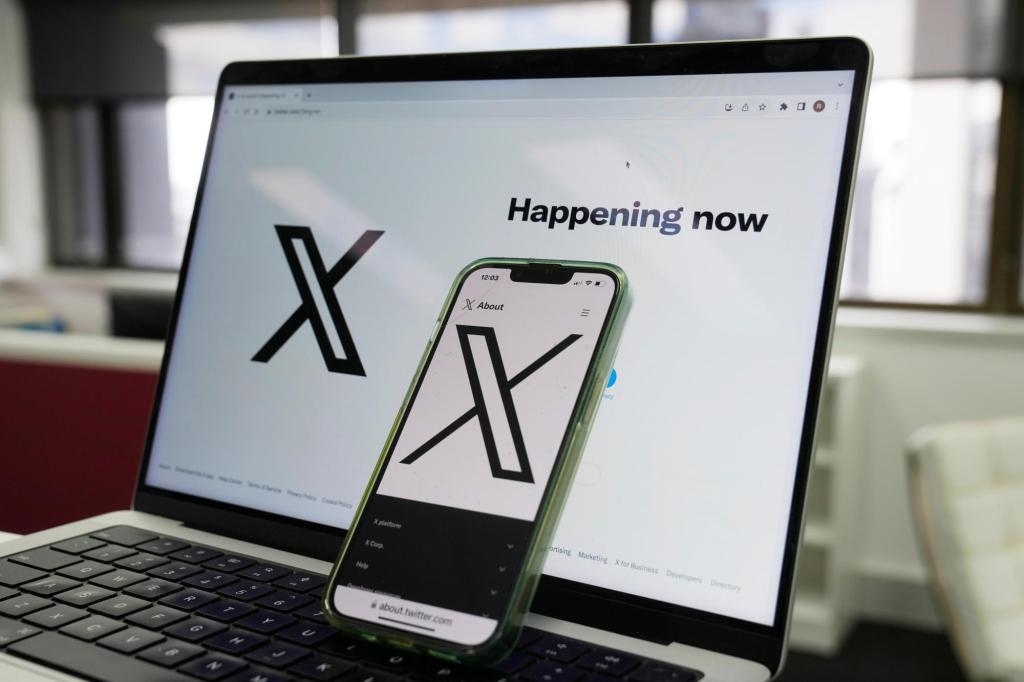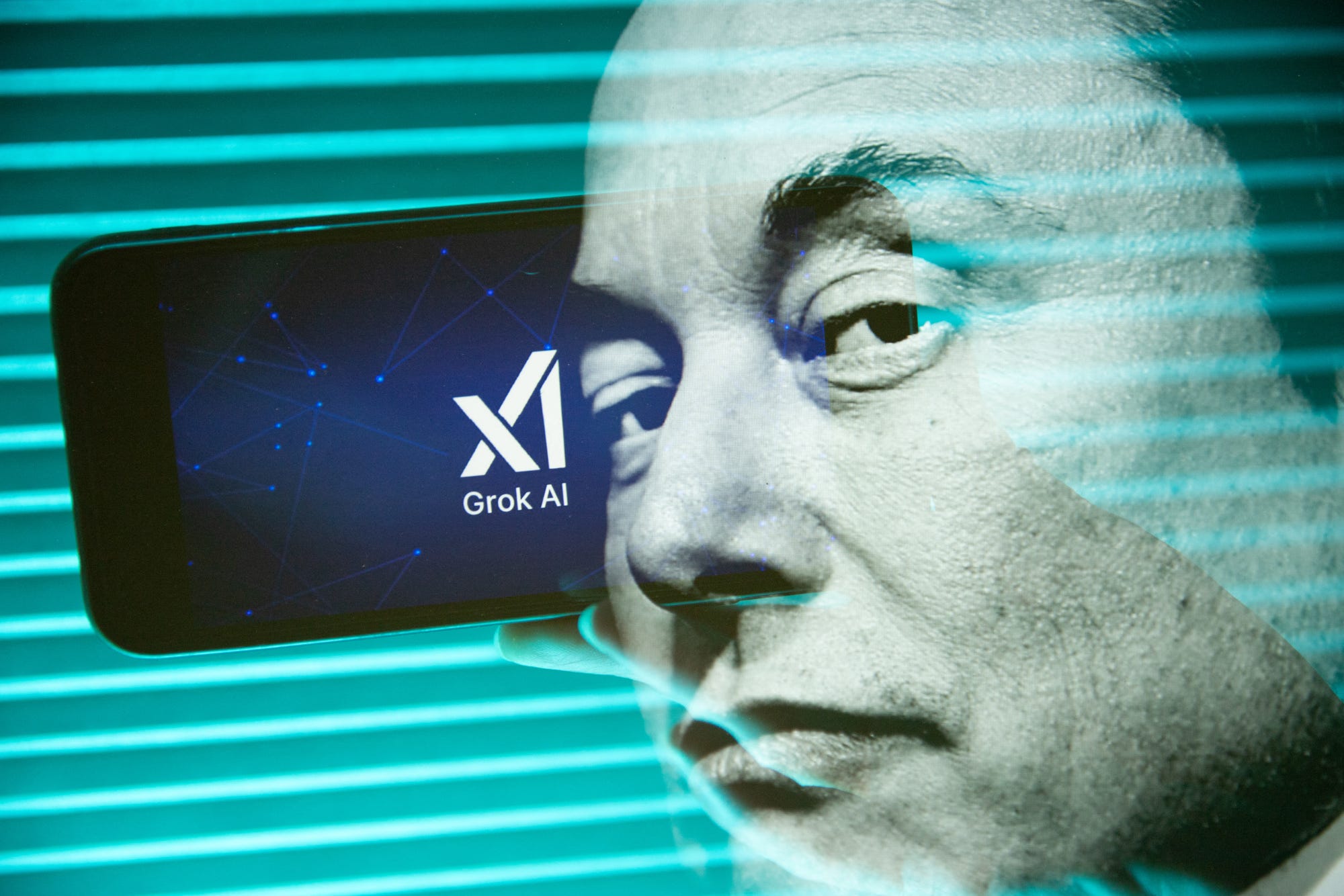Elon Musk’s AI venture, xAI, is making headlines but not for its technological breakthroughs. Instead, it’s facing criticism for allegedly requiring employees to install xAI surveillance software on their personal laptops. This move has reportedly raised eyebrows across the tech world, triggering a storm of privacy concerns, ethical debates, and even internal dissent, with at least one employee allegedly resigning in protest.
While xAI has not publicly commented on the backlash, the incident has ignited a broader conversation about digital boundaries in the workplace and the growing use of employee tracking tools by tech companies.
What Happened Inside xAI?
According to inside sources, employees at Elon Musk’s xAI were instructed to download monitoring software on their personal devices not company issued hardware. This decision immediately caused unrest among team members, who viewed it as an invasion of privacy.
While some companies use surveillance tools to monitor productivity, the key difference here lies in the demand for installation on personal computers. “It wasn’t just about performance tracking,” said one anonymous employee. “It felt like a breach of personal space.”
A senior engineer reportedly quit shortly after voicing strong objections. Their resignation has become a case study in employee resistance to workplace surveillance, highlighting how even top tier talent will push back when ethical boundaries are crossed.
The Rise of Workplace Surveillance in Tech
To understand the significance of the xAI surveillance software controversy, it’s vital to examine the growing normalization of workplace monitoring. According to a 2023 report by ExpressVPN, 66% of companies use some form of employee monitoring, ranging from keystroke logging to webcam access.
Dr. Laura Chen, a digital ethics researcher at Stanford University, explained. “The pandemic opened the door to remote monitoring, but it also blurred the lines between home and work. When companies start tracking employees on personal devices, they risk crossing a deeply personal boundary.”
Chen emphasized that surveillance must be proportional, transparent, and consent based three principles that many critics say xAI failed to uphold.

Surveillance vs Innovation
Many experts agree that Elon Musk’s drive for productivity and innovation may be clashing with fundamental ethical norms. Musk, known for his “hardcore” work culture, has often pushed employees to their limits. But where should the line be drawn?
“Using surveillance software can backfire,” warns James Kwon, a labor tech consultant and author of Ethics in the Age of AI. “It signals a lack of trust. If your most creative minds feel watched, they may stop innovating.”
Kwon cited a case at another Silicon Valley startup where developers were monitored for time spent away from keyboards. Productivity dipped sharply, and morale plummeted. The startup eventually abandoned the program altogether.
Could xAI surveillance software create similar consequences for Musk’s ambitious company?
Personal Stories: The Human Cost of Constant Tracking
One xAI contractor, who requested anonymity, shared her experience. “They told us it was ‘temporary’ and for security. But once the software was installed, I noticed it tracked everything websites, idle time, even USB usage. It felt like Big Brother.”
She said the pressure increased her anxiety and made her second guess her work habits. “You start optimizing for the tracker, not the task. That’s not innovation that’s fear driven productivity.”
Such personal accounts are sparking empathy online and reshaping the narrative from one of business efficiency to one of mental health, trust, and ethics.
Legal and Ethical Implications
Installing xAI surveillance software on personal devices may not only be unethical it could be illegal depending on local labor laws. In California, where many of xAI’s employees are likely based, employees must be notified about monitoring, and personal device surveillance falls into a legal gray area.
Privacy attorney Amira Goldstein said, “Employers must obtain clear consent, and that consent must be free of coercion. If an employee feels forced to comply to keep their job, that’s not valid consent.”
Goldstein added that while no lawsuits have been filed yet, the door is open for legal action, especially if employees can prove damages or emotional distress.

The Bigger Picture: A Crossroads for Tech Culture
The xAI surveillance software incident underscores a critical crossroads in tech workplace culture. As companies push for speed and dominance in AI, they risk sidelining the very people who drive innovation.
Ironically, AI development thrives on creativity, freedom, and trust the same qualities eroded by invasive surveillance practices.
If companies like xAI fail to balance control with ethics, they may find themselves not only losing talent but also public trust.
A Call for Transparency and Balance
The backlash against xAI surveillance software reveals a growing resistance to digital overreach in the workplace. While monitoring may offer some short term gains in efficiency, it often comes at the cost of morale, trust, and long term innovation.
For Elon Musk’s xAI to truly pioneer the future of artificial intelligence, it must lead with transparency, respect employee privacy, and foster a culture where workers feel safe, not watched.
Whether this controversy becomes a turning point for ethical AI employment or simply another footnote in Silicon Valley’s evolving culture that’s a story still being written.

1 thought on “Elon Musk’s xAI Surveillance Software Sparks Privacy Backlash After Employee Resignation”